The United States under Donald Trump will have very different foreign policies from the current Joe Biden administration, and countries in Europe should brace for the impact on security, trade and climate, European leaders and experts say.
On the aspect of defense and security, European leaders shared consensus at a summit of the European Political Community held on Thursday that Europe needs to take more responsibility for their security and rely less on the U.S. in response to Trump's repeated criticism of the U.S. making too much contribution to the transatlantic NATO alliance.
"There was agreement that Europe should take more responsibility for its peace and security. To be blunt, we cannot wait for the Americans to protect us," Hungarian Prime Minister Viktor Orban was quoted as saying after the summit in Budapest which gathered more than 40 European leaders.
Other leaders at the Thursday summit had voiced similar messages on boosting European defense, Reuters reported.
"We cannot delegate our security to the Americans forever," France's President Emmanuel Macron, who has long pushed Europe to build up cooperation on defense, said. "We need to be able to defend ourselves."
On Wednesday, Macron and Germany's Chancellor Olaf Scholz held talks after it became clear that Trump would win the U.S. presidential election. A spokesperson for the German government said the two had promised to work together even more closely in the future, according to German broadcaster DW.
Another major concern for European leaders was Trump's tariff policy, which the president-elect has said several times during his campaign that he plans to impose a blanket tariff of 10 to 20 percent on all imports to the U.S.
Finland's Prime Minister Petteri Orpo said he was concerned about the prospect of a trade war: "It should not be allowed to happen," he said at Thursday's summit. "Let's now try to influence the U.S. and Trump's future policy so that he understands the risks involved."
Some EU diplomats have told the Politico website that the bloc had prepared "substantial retaliation" if Trump initiated a trade war.
Tariff issues
Despite having a "special relationship" with the U.S., the United Kingdom was also concerned about being hit by tariffs. UK Business and Trade Secretary Jonathan Reynolds has told Politico that "any G7 trade minister like myself would be concerned about the talk of tariffs", and hinted that if Britain was threatened with a trade war, it would be prepared to fight back.
Russ Shaw, founder of Tech London Advocates and Global Tech Advocates, said in the short term, heightened tariffs and trade barriers could raise costs and inflation, impacting UK firms with ties to U.S. supply chains.
"The risk of escalating trade tensions could also slow investment and disrupt cross-border collaboration, particularly in tech," said Shaw. "In the semiconductor space, Trump's policies could hinder global supply chains, which many UK firms rely on for cutting-edge technology, limiting collaboration and access to essential chips components."
Trump's comeback will also impact the much-needed global green transition, as he has vowed to boost U.S. oil and gas extraction and ship more fossil fuels abroad, and held a dismissive attitude toward climate change.
During an online roundtable on what another Trump presidency would mean for the climate, Belinda Schaepe, a China policy analyst at the Helsinki-based Centre for Research on Energy and Clean Air, said Trump's energy and industry policies would result in an extra 4 billion tons of emissions and negate the emissions savings achieved by renewable energy initiatives worldwide over the past five years.
"This means that the U.S. would miss its Paris Agreement targets, further diminishing the chances of limiting global warming to 1.5 C," she said.
With the COP29 starting Monday, Erik Solheim, former executive director of the United Nations Environment Programme, said on social media that participants will be talking about the likelihood that Trump will withdraw the U.S. from the Paris Agreement again.
However, Solheim said the impact will be much less than people fear. "The U.S., even under Biden, is not a climate leader," said Solheim. "China, India, Europe and many developing nations lead the struggle. They all build green industries and fight climate change because it is in their own interest. They don't do it to please the U.S."













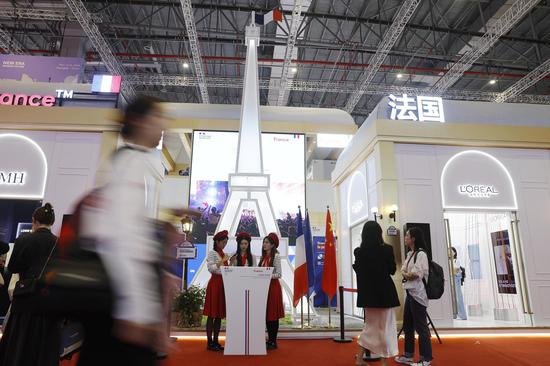







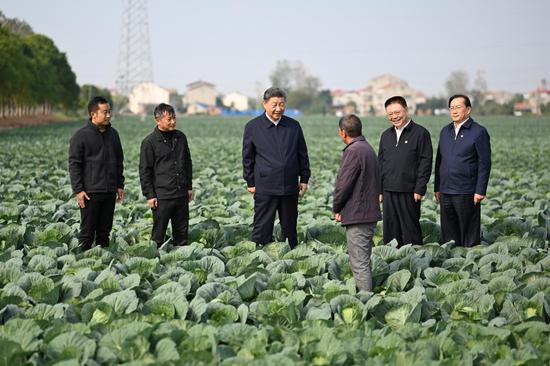
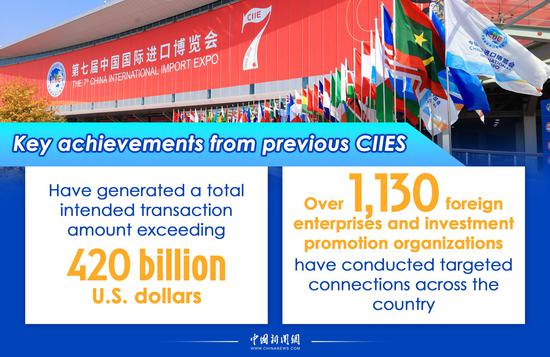

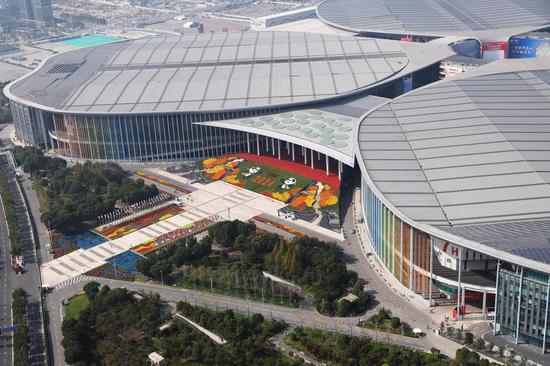
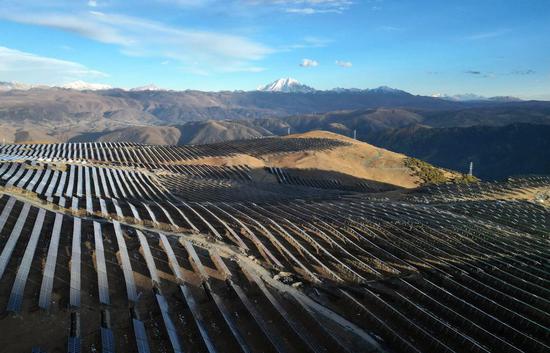
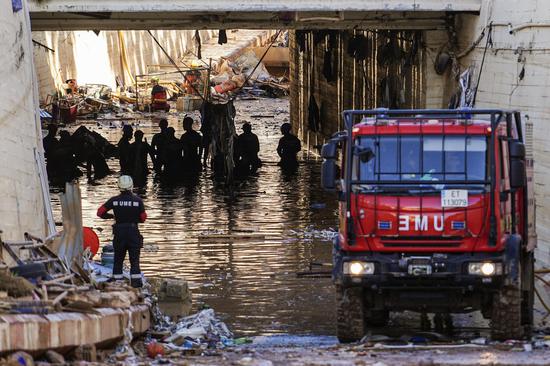



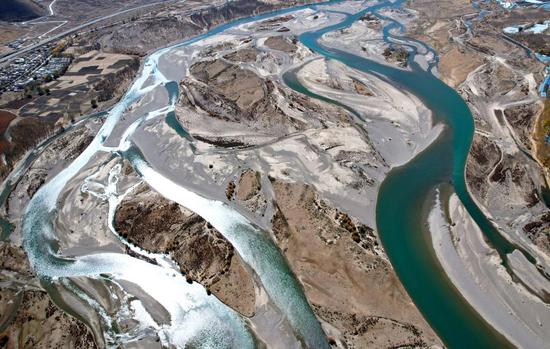
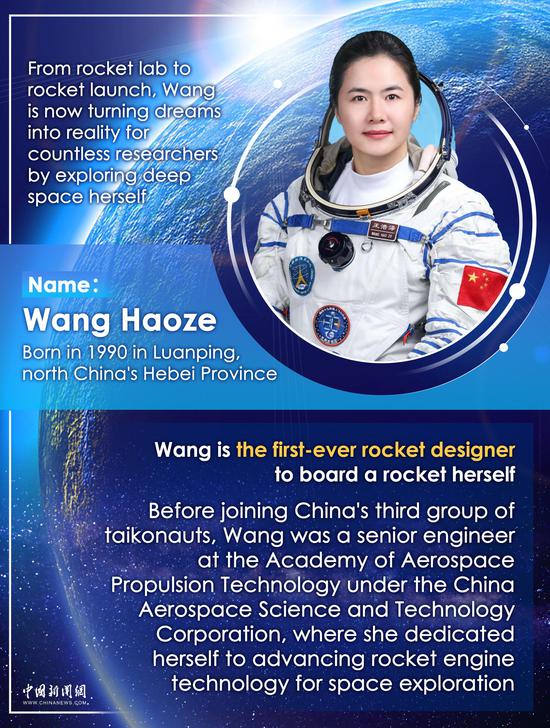









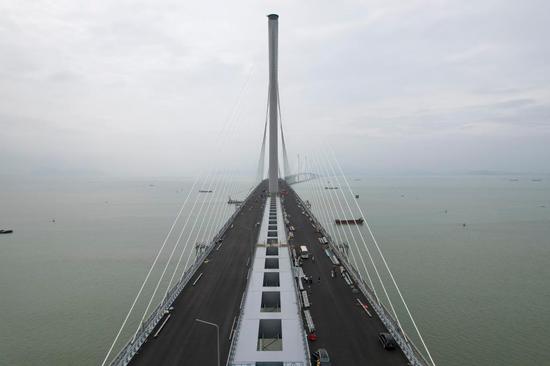








 京公网安备 11010202009201号
京公网安备 11010202009201号